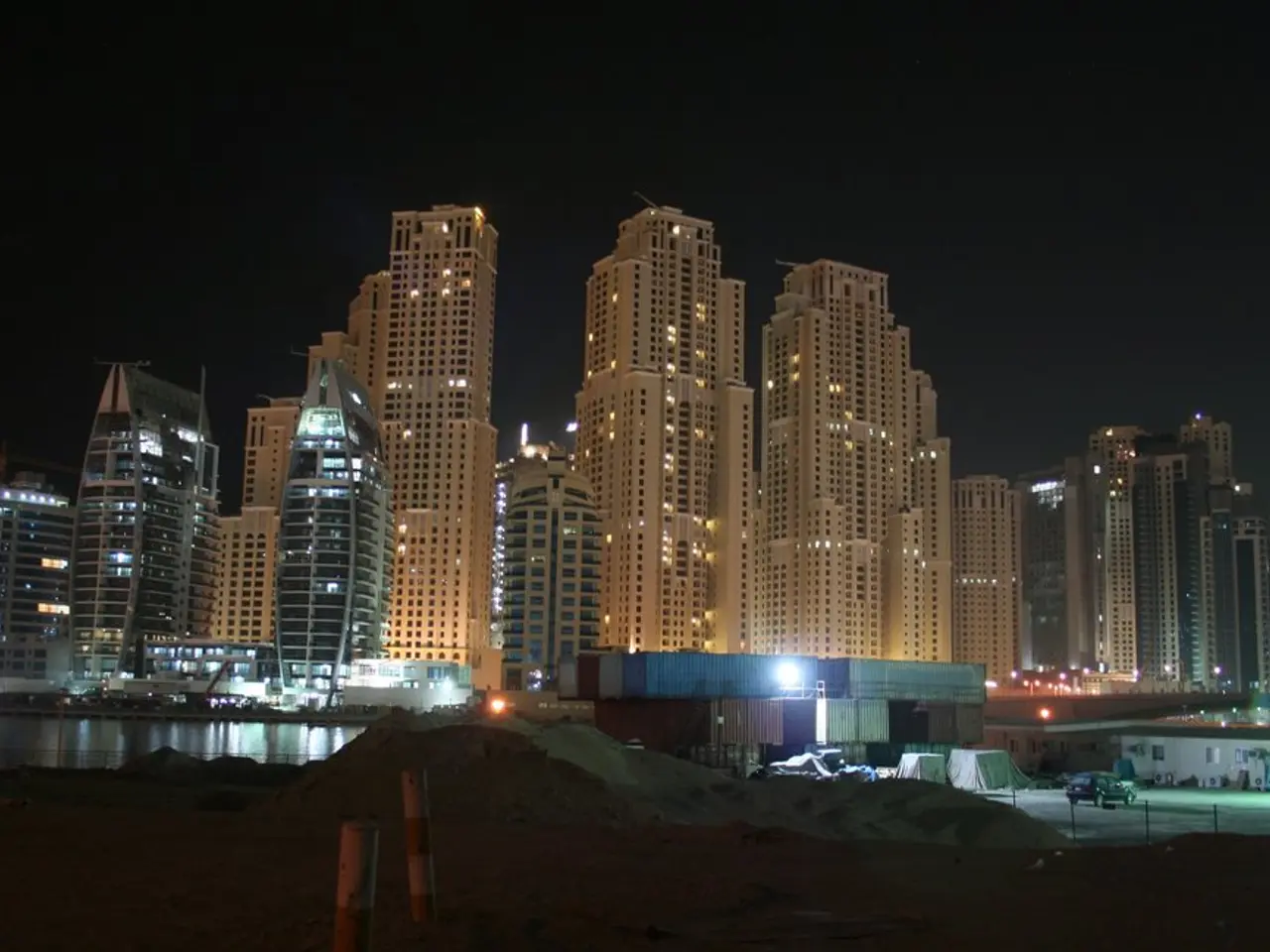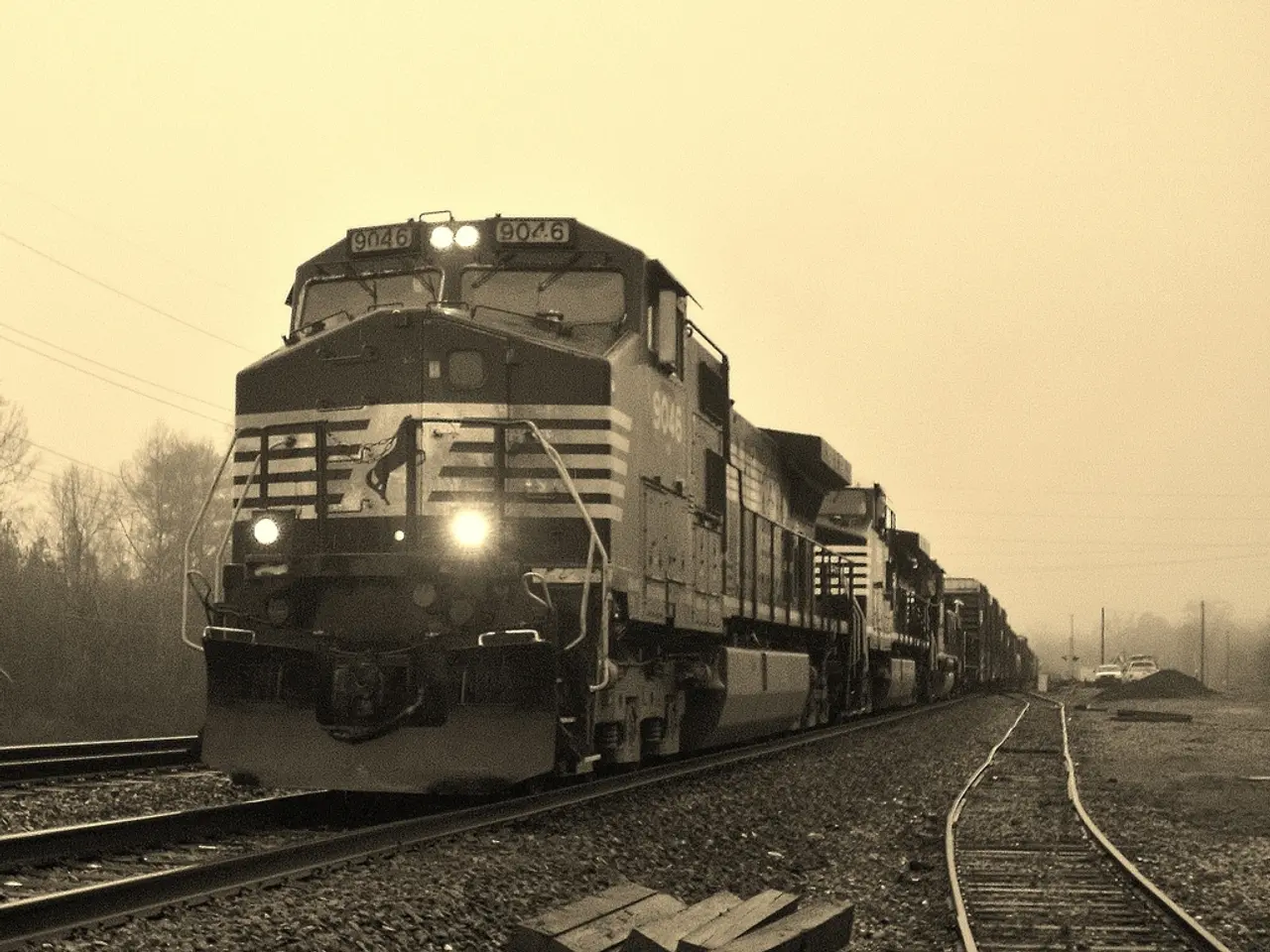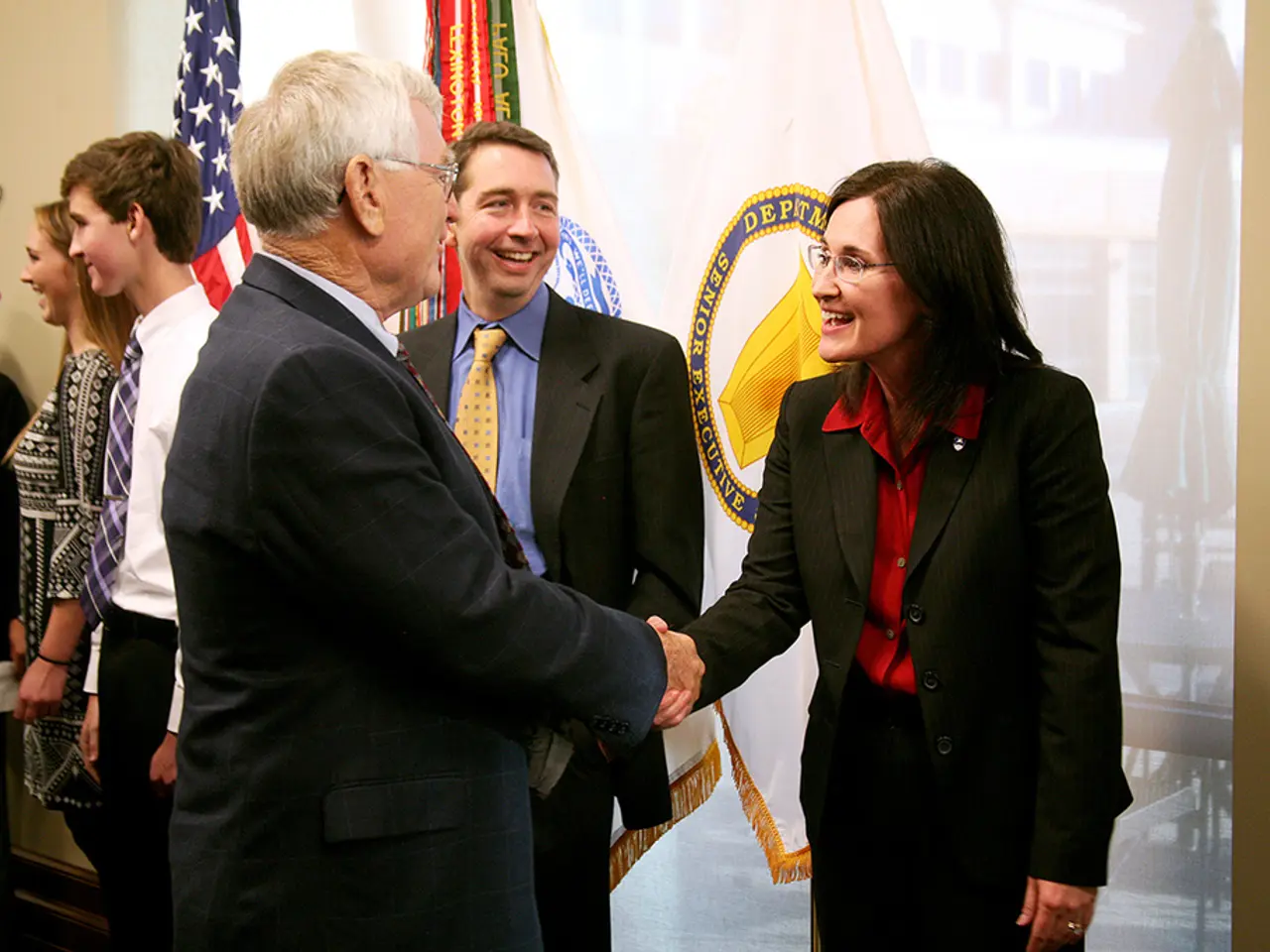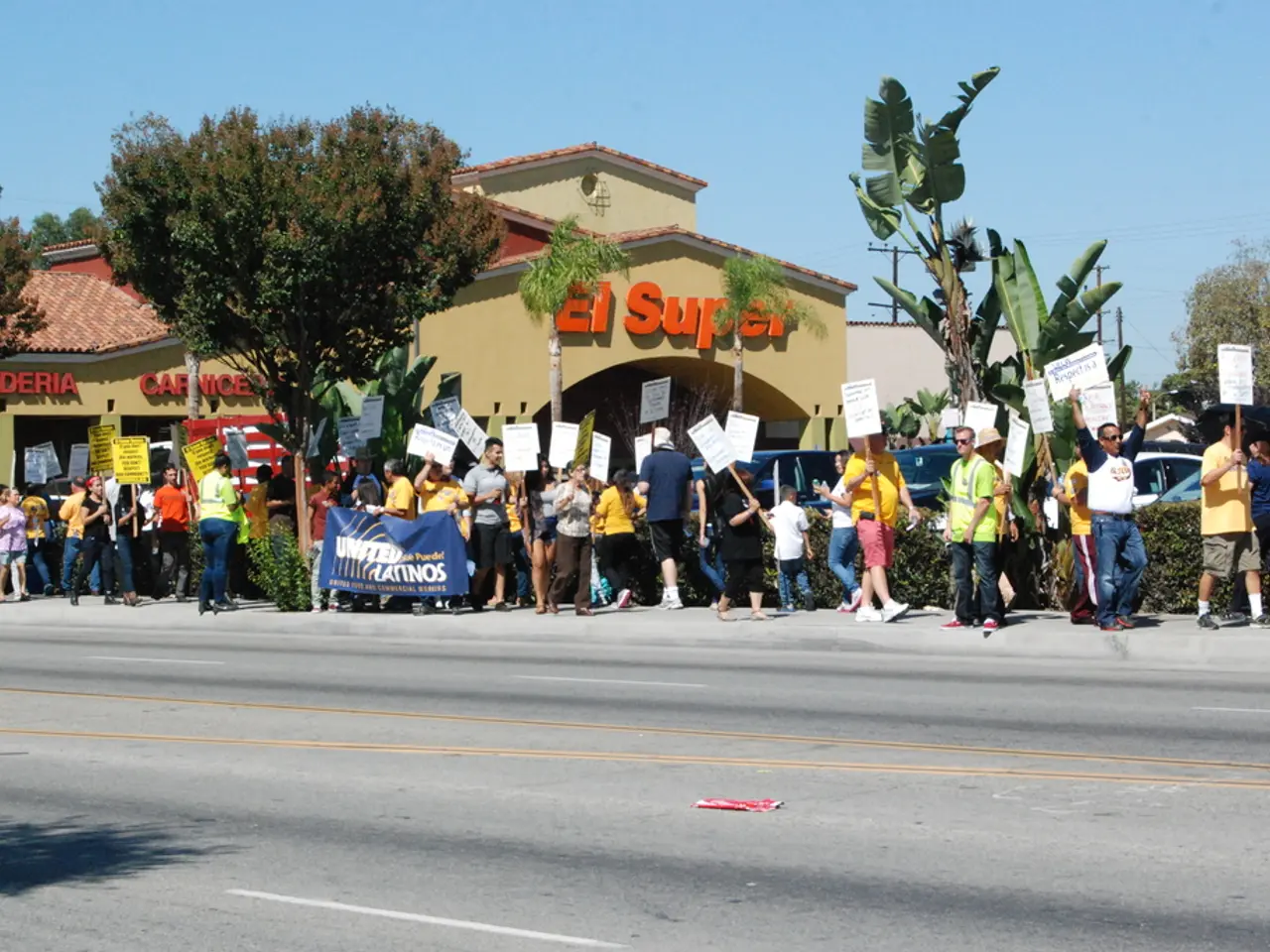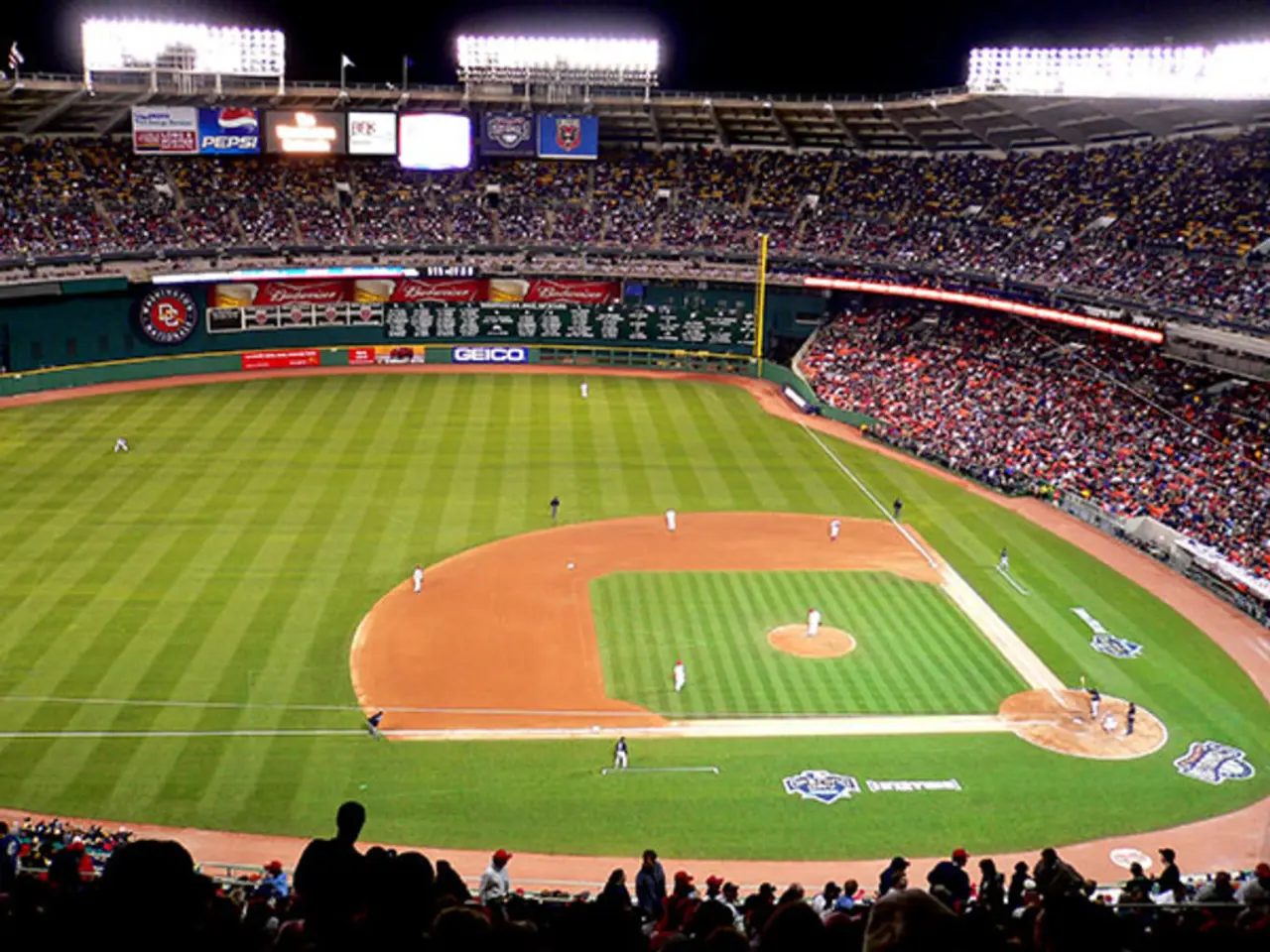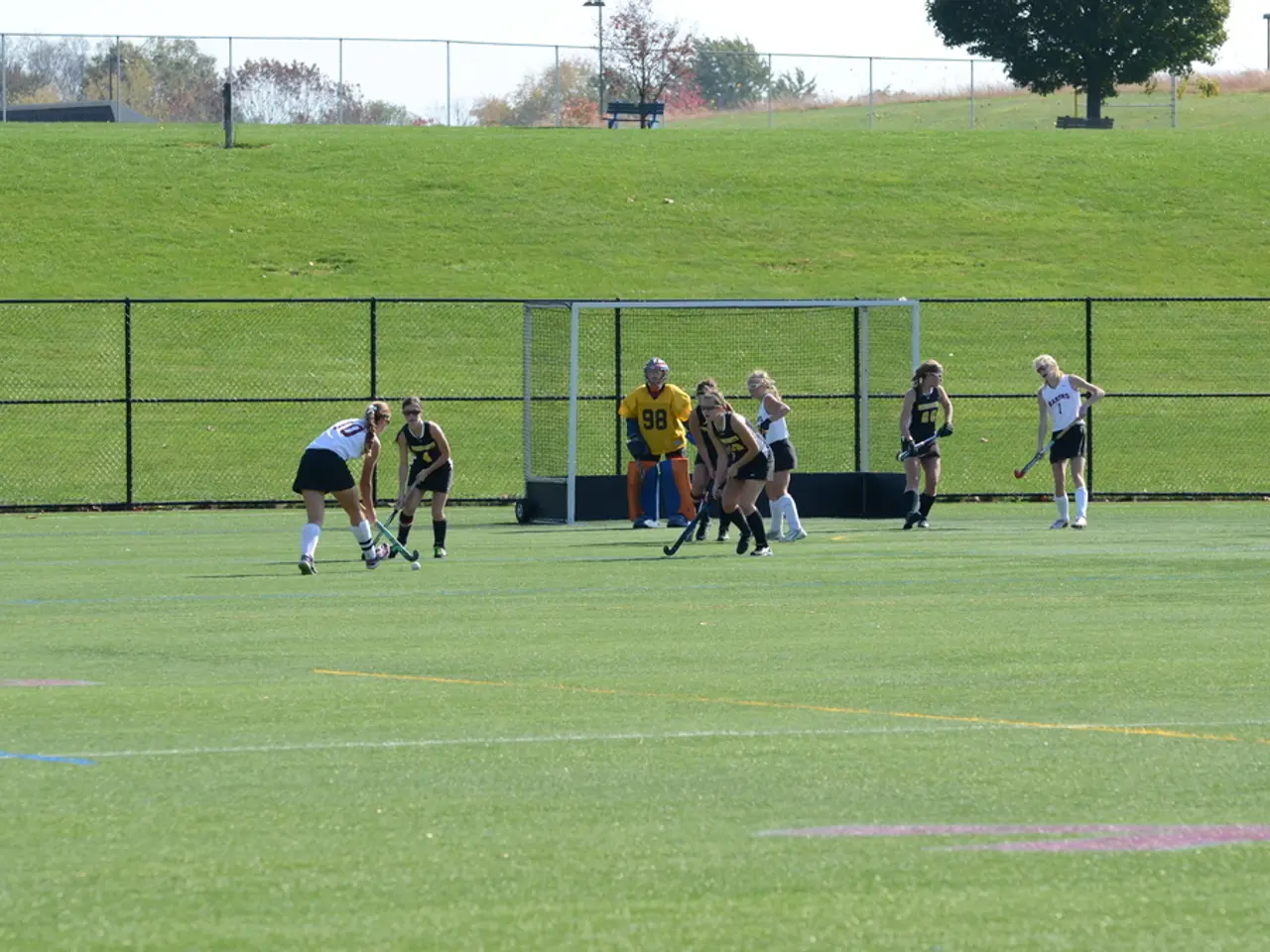Contentious Discussion Ends with Surf Park Securing Majority Support
In the heart of Krefeld, Germany, a proposed Surf Park at Elfrather See has sparked intense discussion among local residents, environmentalists, business stakeholders, and municipal authorities. The artificial wave facility, designed to offer year-round surfing experiences, has become a contentious issue due to concerns over its potential ecological, economic, and social impacts.
## Key Points of Controversy
### Environmental Impact Critics argue that the construction and operation of the Surf Park could potentially harm the lake's natural environment, wildlife habitats, and water quality. Concerns include increased pollution, noise, and disruption to flora and fauna. Proponents, however, claim the facility will employ sustainable technologies and implement environmental safeguards to minimize ecological damage.
### Economic and Social Effects Advocates emphasize the potential economic boost through tourism, job creation, and increased local business activity. It could make Krefeld a regional attraction, enhancing community pride and providing recreational opportunities. Opponents worry about increased traffic, noise, and commercialization that could disrupt the local community's quality of life, with some local businesses fearing competition or displacement.
### Urban Development and Land Use Some residents and planners are concerned that the project might lead to overdevelopment or inappropriate land use in a currently semi-natural recreational area. Supporters view it as a valuable urban development initiative that repurposes underutilized space for modern leisure use, potentially leading to broader urban regeneration.
### Financial Viability and Public Funding There are doubts about the financial sustainability of the park, with fears it might become a costly burden on public finances if subsidies or municipal investments are involved. Investors and proponents argue that private funding and well-structured business models will prevent financial risks, and the economic benefits will outweigh initial costs.
---
## Summary of Arguments
| Aspect | Arguments For | Arguments Against | |------------------------|--------------------------------------------|------------------------------------------------| | Environmental Impact | Sustainable tech, minimal ecological risk | Potential harm to lake ecosystem and wildlife | | Economic Development | Tourism boost, job creation, local growth | Noise, traffic, community disruption | | Land Use & Urban Dev. | Revitalization, modern recreation | Overdevelopment, loss of natural space | | Financial Viability | Private investment, long-term benefits | Risk of public financial burden |
---
## Conclusion The Surf Park project at Elfrather See remains controversial, primarily due to environmental concerns and community impact versus the promise of economic growth and recreational innovation. The debate hinges on balancing ecological protection with urban and economic development ambitions.
Stakeholders continue to voice their opinions on the project. Joachim C. Heitmann of the FDP, for example, questioned its economic viability and liability, while Stephan Hagemes of the Left focused on environmental protection, stating that 600 trees would be felled and 60 million liters of water would be needed per year for the Surf Park project. Heitmann also raised concerns about the lack of transparency from the investor, requesting the identification and location of the individuals behind the limited partners. The Free Voters, meanwhile, expressed doubts about the expected job market impact of the Surf Park project, suggesting that it would primarily create mini-jobs and seasonal worker spots.
As the city council deliberates, the future of the Surf Park project at Elfrather See remains uncertain. Stay tuned for updates on the decision and the reactions from various stakeholders.
What are the arguments for and against the Surf Park project at Elfrather See in terms of politics and general-news? The arguments for the Surf Park project include sustainable technology to minimize ecological damage, potential economic boost through tourism, job creation, and increased local business activity, repurposing underutilized space for modern leisure use, and the belief that private investment and well-structured business models will prevent financial risks. Arguments against the project include potential harm to the lake ecosystem and wildlife, concerns about increased noise, traffic, and community disruption, overdevelopment or loss of natural space, fears of public financial burden, and doubts about the expected job market impact.
